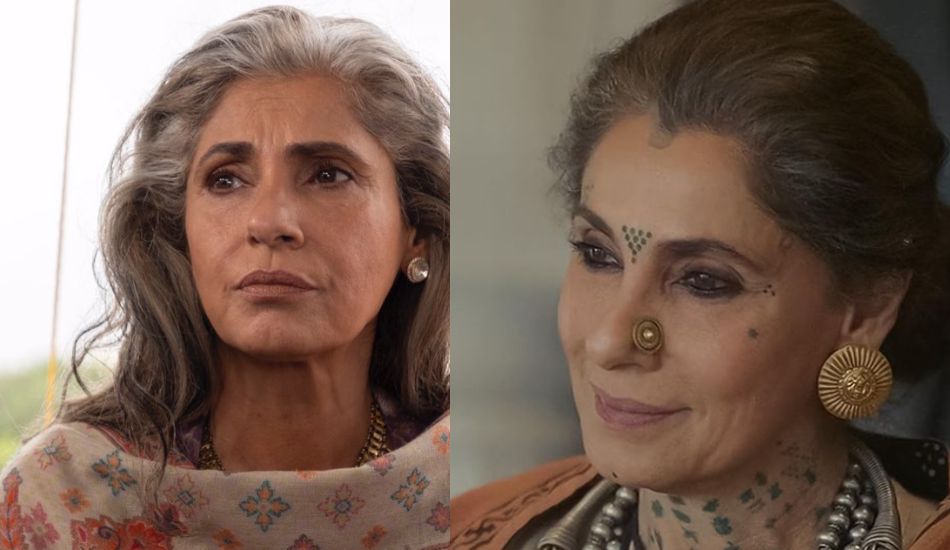There is certainly a lot of change in the way women are portrayed in films. Also, actresses no longer entertain basic roles which add nothing to the script. Rather, they want to explore roles that were once restricted to only men. Recently, veteran actress Dimple Kapadia talked about the evolution of female roles played by actresses. She put forth her strong opinions on the way female-led movies should be treated and what according to her is wrong.
Dimple Kapadia will soon come be seen in Dinesh Vijan’s Saas Bahu Aur Flamingo. In recent times, the veteran actress has opted for roles that have made a strong impact in the minds of the audience and also show their versatility as an actor. Speaking on the evolution of female characters, the actress first stated that everyone should stop addressing female-led films as “Female-Centric” or “Women Centric”. Dimple Kapadia further stated that films should be perceived beyond that as stories do not come with a gender tag. She elaborated saying that such stories are made to be told and are not restricted to a particular region, gender or culture.
As per the news, Dimple Kapadia expressed her happiness about the fact that actresses no longer stick to cliche roles and rather experiment with the characters. She praised that way roles for women are more “Layered” like that of men.
Also Read: From Tenet To Pathaan, 5 Films You Can Watch To Complete The Dimple Kapadia Cinematic Universe!
Dimple Kapadia recently did big projects like Brahmastra, and Tenet and also featured in A Wednesday. Her roles in all the films were brief and yet impressed the audience on every level. So much so, that people actually termed it as a Dimple Kapadia Universe. The veteran actor continues to take up challenging roles and experiment with her skills. In Saas Bahu Aur Flamingo, she will be seen playing a businesswoman who slyly operates a drug business too!
The reason that Dimple Kapadia gave on why movies should not be termed as “Female-Centric actually makes sense. Female or male, the actors are doing whatever is required for the story, so why use such terms that create a distinction?

